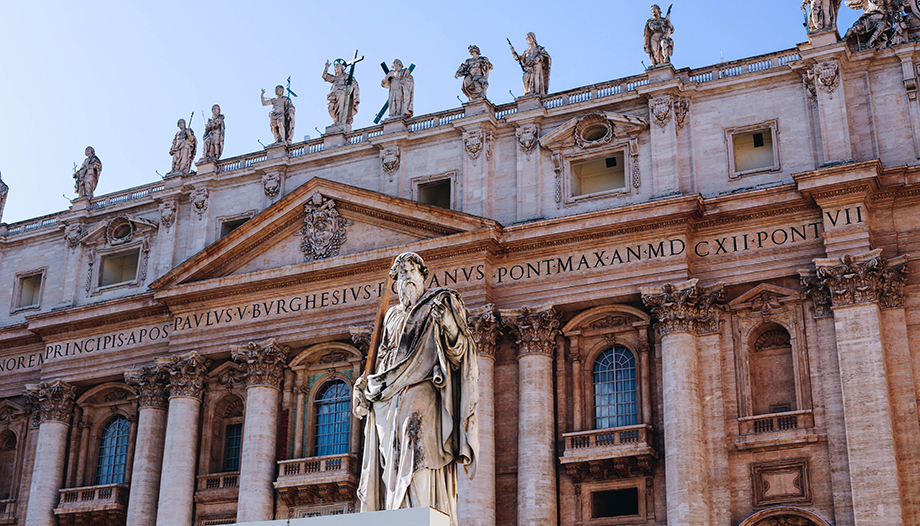The bookstore Editrice Vaticana published the Penal Code, which reforms Zanardelli's penal legislation that had been in force since 1929. The Secretary of the Pontifical Council for Legislative Texts, D. Juan Ignacio Arrieta, has been in charge of integrating in the Code all the adaptations to the new times and changes in society.
Because the subject matter is not religious nor does it deal with the discipline of the clergy, we cannot identify this Code with the Code of Canon Law, but they maintain in common the fact of seeking the health of souls, and with the Code of Criminal Law in the secular sphere, the consideration that crimes are punished to ensure justice and social order.
However, canonical penalties involve a deprivation of a spiritual nature with criteria of humanity and inspired by the values proper to canonical doctrine, which takes into account the educational and curative function of the offender, so that neither the death penalty nor permanent imprisonment is allowed.
Let us recall that number 2267 of the Catechism states: "Therefore the Church teaches, in the light of the Gospel, that "the death penalty is inadmissible because it violates the inviolability and dignity of the person".
The new Motu Proprio
By means of a Apostolic Letter in the form of Motu Proprio of the Supreme Pontiff Pope FrancisThe new law, which will be published and enter into force on February 16, 2021, adding modifications in the area of justice, establishes that in order to compensate the damage, a restorative and restitution behavior is proposed, for which reason it may develop public utility services, volunteer activities of social interest, and even promote mediation with the offended person.
It is indicated that in all proceedings the presence of the person being tried is required, except in the case of legitimate impossibility or serious impediment, and, of course, the right to defense. In the event that the accused does not appear without just cause, and having been duly notified, the trial will be ordered to proceed in his absence, with prior hearing of the prosecution and the defense.
Main novelties
Pursuant to the amendments to article three, there are 5 new products:
- Ordinary magistrates retain all the rights, assistance, social security and other guarantees afforded to all citizens;
- The office of the promoter of justice works autonomously and independently, at the three levels of the trial, the prosecutorial functions and other functions assigned to it by law;
- In appeals, the functions of prosecutor are exercised by a magistrate from the office of the promoter of justice;
- In cassation judgments, the functions of prosecutor are exercised by a magistrate from the office of the promoter of justice;
- The previously appointed judges will continue to be part of the office of the promoter of justice.
There is cooperation with the international sphere and current crimes are taken into account, such as crimes against humanity, against minors, war crimes, against terrorism and subversion, against airport security, etc., which the old penal codes did not typify.
In short, with this reform, the person must be the center, always pursuing a triple purpose: to restore the justice that has been violated, to repair the scandal that has been caused and to obtain an amendment from the offender. In the reparation of the damage, the aim is also to assist the victims.
Professor of Law. Complutense University of Madrid.











